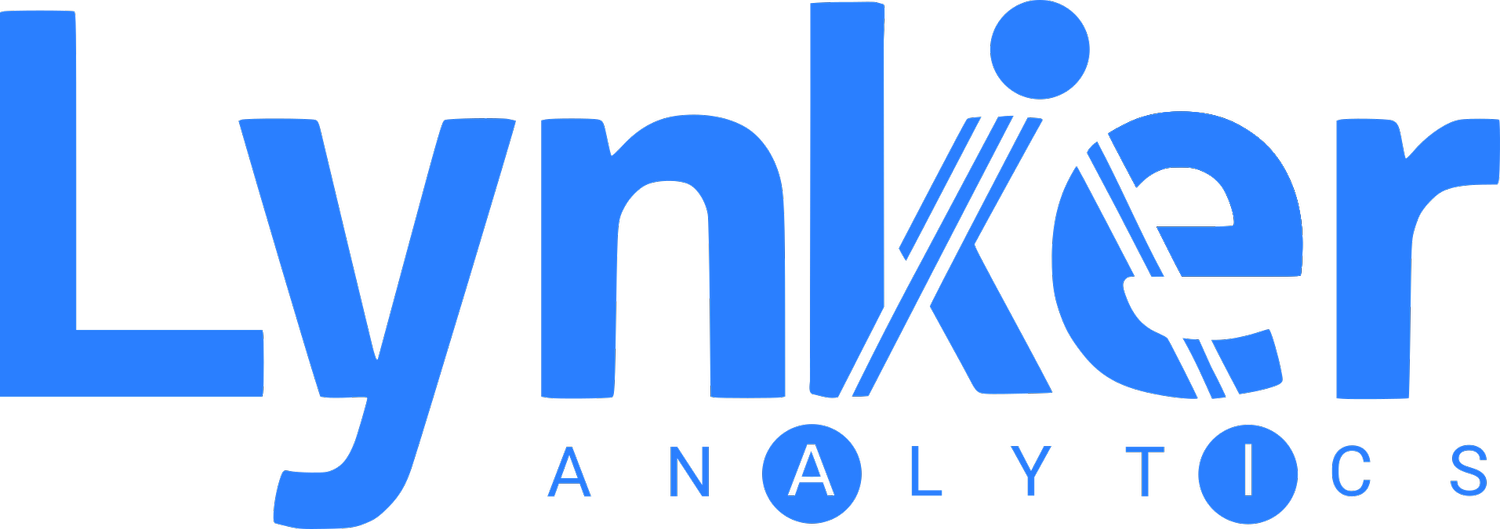Client: NOAA and North Pacific Research Board
The Gulf of Alaska (GOA) marine ecosystem supports high biological diversity and valuable marine fisheries. Ecosystem productivity in the GOA has been shown to fluctuate in response to climate events, such as heat waves. However, it is currently unclear how ecosystem productivity in the GOA will respond to future climate change conditions, and how fluctuations in productivity will affect GOA fisheries.
At Lynker Analytics, we are collaborating with NOAA’s Alaska Fishery Science Centre and the University of Washington (Seattle, WA) on a project to develop an Atlantis application for the GOA. This work is being undertaken by Alberto Rovellini, a marine ecologist with an interest in building and applying ecological models to answer complex ecological questions. He is currently based in the Lynker Analytics office in Wellington, New Zealand.
As part of his PhD, Alberto contributed to the development and calibration of an Atlantis model for the Australian Great Barrier Reef. At the end of 2020, Alberto was preparing to work on the Atlantis GOA project in Seattle, but the Coronavirus pandemic made relocating overseas from New Zealand challenging. With their focus on geospatial data science, and their experience in collaborating with NOAA on a number of projects, Lynker Analytics provided the ideal environment for Alberto to contribute to Atlantis GOA from the other shore of the Pacific Ocean.
The main goal of the Atlantis GOA project, which is funded by NOAA and the North Pacific Research Board, is to use Atlantis to explore the effects of past and future climate events on GOA productivity and the fisheries that depend on it, with a focus on groundfish fisheries (e.g., pollock, cod, and sablefish). The Atlantis GOA project is part of the broader Gulf of Alaska Climate Integrated Modeling Project (GOA-CLIM), an interdisciplinary effort with the goal of assessing the economic and social impacts of climate change on Gulf of Alaska fishing communities.
Figure 1. Spatial domain of Atlantis GOA.
Ecosystem models are useful tools that can be used to represent entire marine ecosystems, from ocean currents to fish movements and fisheries. The Atlantis Ecosystem Model is a spatially-explicit modelling framework used to simulate the effects of environmental change and different management strategies on marine ecosystems, with the main goal of informing Ecosystem-Based Fishery Management (EBFM).
With projected ocean warming and acidification in the GOA over future decades, it is important to understand whether groundfish stocks are managed in a way that accounts for their interactions with other organisms in their environment. This is one of the goals of EBFM: to base management strategies of marine resources on the holistic understanding of the marine ecosystem, instead of focusing on individual fish stocks.
Because Atlantis is a spatially explicit model, our first step in developing Atlantis GOA was to define the spatial domain of the model. This involved partitioning the region of interest into a mosaic of polygons based on considerations like local bathymetry, the biogeography of the organisms of interest, and fishery management delimitations (Fig. 1).
After the model geometry has been defined, building an Atlantis model from the ground up involves leveraging data and other models for the study region to inform Atlantis. For example: we are using oceanographic models (ROMS) for the GOA to drive the physical oceanography (including currents, temperature, and salinity) of Atlantis GOA (Fig. 2); and we are applying Species Distribution Models to map the distribution of organisms like fish across the spatial domain of the model.
Figure 2. Sea surface temperature across the Atlantis GOA model domain based on oceanographic model output (ROMS).
This modelling effort will continue for several years, and the Atlantis GOA model is expected to be used for simulations in 2022-2023.


